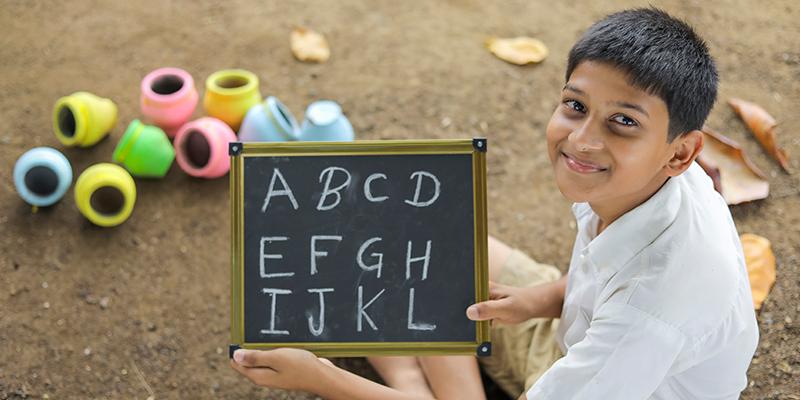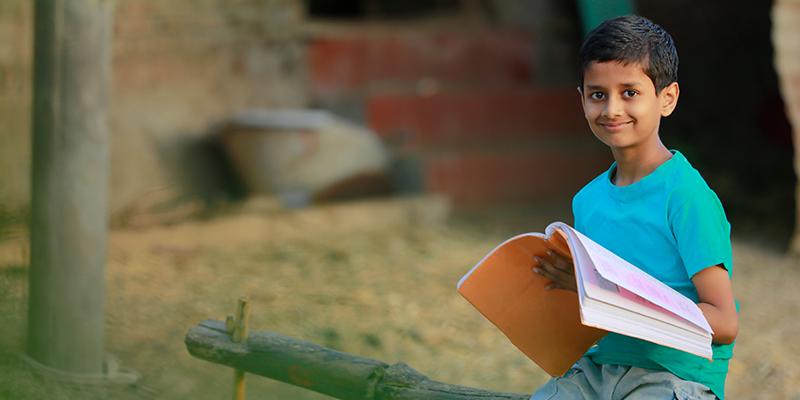Basic education is the foundation upon which the future of an individual and the nation depends. In India, basic education refers to primary education, which is the first stage of education that a child receives. It is the right of every child to receive a basic education, which is essential for their growth and development. In this article, we will discuss the importance of basic education in India, the benefits of basic education, the current status of basic education in India, the challenges faced in improving basic education, government initiatives, and the role of NGOs in promoting basic education.
Benefits of basic education

Basic education has numerous benefits for individuals, communities, and the nation as a whole. It provides individuals with the necessary skills and knowledge to lead a better life. Some of the benefits of basic education are:
Better job opportunities
Basic education provides individuals with the skills and knowledge required to secure better job opportunities. It improves their employability and enables them to contribute to the workforce of the nation. This benefits not only the individuals but also the economy of the country.
Improved quality of life
Basic education helps individuals to make informed decisions about their health, hygiene, and overall well-being. It equips them with the skills and knowledge required to lead a healthy and fulfilling life. It also helps to reduce poverty and social inequality.
Empowerment of individuals
Basic education empowers individuals by providing them with the knowledge and skills required to participate in the democratic process. It enables them to make informed decisions about their lives and contribute to the development of their community and the nation.
Current status of basic education in India
Despite the importance of basic education, the current status of basic education in India is a cause for concern. According to the Annual Status of Education Report (ASER) 2020, around 5.5% of children in the age group of 6-17 years are out of school. The quality of education in many government schools is poor, and the drop-out rate is high. There is also a gender disparity in the education sector, with girls being less likely to attend school than boys.
Challenges Faced in improving basic education in India

Improving basic education in India is a complex task, and there are several challenges that need to be addressed. Some of the challenges are:
Poverty
Lack of infrastructure
Another challenge is the lack of infrastructure in many government schools. Many schools do not have adequate classrooms, furniture, and basic amenities like toilets and drinking water. This makes it difficult for children to attend school regularly and affects the quality of education.
Lack of trained teachers
The shortage of trained and qualified teachers is another challenge faced by the education sector in India. Many teachers in government schools are not adequately trained, which affects the quality of education that can be provided to children. This, in turn, affects the employability of students and their contribution to the workforce.
Government Initiatives to improve basic education in India

The government has taken several initiatives to improve basic education in India. Some of the major initiatives are:
Sarva Shiksha Abhiyan
Sarva Shiksha Abhiyan (SSA) is a flagship program of the government that aims to provide universal access to quality education to all children between the age group of 6-14 years. The program focuses on the improvement of infrastructure in schools, the recruitment of teachers, and the provision of free textbooks and uniforms to students.
Mid-day meal scheme
The mid-day meal scheme is another government initiative that aims to improve the nutritional status of children and increase school attendance. The scheme provides free meals to children studying in government schools.
Right to Education Act
The Right to Education Act (RTE) is a landmark legislation that guarantees free and compulsory education to all children between the age group of 6-14 years. The act also mandates the improvement of infrastructure in schools, the recruitment of trained teachers, and the provision of free textbooks and uniforms to students.
Role of NGOs in promoting basic education in India

Several NGOs are working in the education sector in India, focusing on improving access to basic education and enhancing the quality of education. These NGOs work towards providing scholarships, building schools, and recruiting and training teachers. Some of the successful NGO initiatives include:
Teach for India
Teach for India is an NGO that works towards providing quality education to children from low-income communities. The organization recruits young professionals and graduates to work as teachers in low-income schools for two years.
Pratham
Pratham is an NGO that focuses on improving the quality of education in government schools. The organization works towards providing remedial education to children who are falling behind in school and providing training to teachers.
Conclusion
Basic education is essential for the growth and development of individuals and the nation as a whole. The benefits of basic education are numerous, including better job opportunities, improved quality of life, and empowerment of individuals. However, there are several challenges that need to be addressed to improve access to basic education in India, including poverty, lack of infrastructure, and shortage of trained teachers. The government has taken several initiatives to address these challenges, and several NGOs are also working in the education sector to promote basic education.
Frequently asked questions
Basic education refers to primary education, which is the first stage of education that a child receives. It typically includes education in subjects like mathematics, science, social studies, and language.
To improve education quality in India, we must tackle the shortage of trained teachers, lack of infrastructure, and poverty. Efforts such as Sarva Shiksha Abhiyan, mid-day meal scheme, and Right to Education Act aim to improve access to basic education. But more work is needed to ensure every child in India has access to quality education.
NGOs play an important role in promoting basic education in India. They work towards providing scholarships, building schools, and recruiting and training teachers. Organizations like Teach for India and Pratham have been successful in improving the quality of education in government schools.
Basic education provides individuals with better job opportunities, improved quality of life, and empowerment. It also benefits the nation as a whole by creating a more educated and skilled workforce, which leads to economic growth and development.
The education sector in India faces several challenges, including poverty, lack of infrastructure, shortage of trained teachers, and high drop-out rates.
Parents and communities can contribute to improving basic education in India by supporting their children's education, ensuring regular school attendance, and participating in community initiatives that promote education. They can also advocate for better infrastructure and the recruitment of trained teachers in their local schools.
